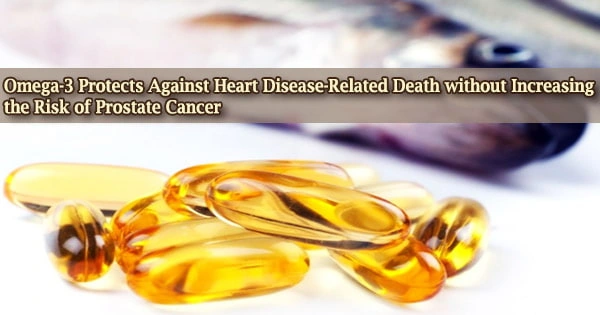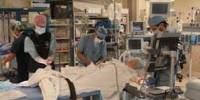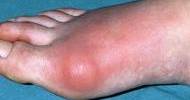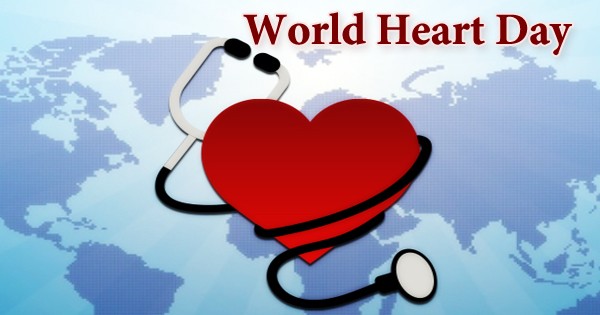Is it necessary to take omega-3 supplements? Omega-3 fatty acids are nutrients obtained from food (or supplements) that aid in the development and maintenance of a healthy body. They’re essential for the structure of every cell wall. They also serve as an energy source and aid in the proper functioning of your heart, lungs, blood vessels, and immune system.
On the other hand, as the American Heart Association suggests, eat two to three meals of omega-3-rich seafood every week. If you read the news on nutrition and health, it may appear a little hazy.
That’s why Intermountain Healthcare Heart Institute experts are continuing to look at the advantages and hazards of this popular supplement, particularly in terms of prostate cancer risk and heart health.
The majority of the fats required by the human body can be synthesized from other fats or raw materials. Omega-3 fatty acids, on the other hand, are not in this category (also called omega-3 fats and n-3 fats). These are necessary fats that the body cannot produce on its own and must obtain from food.
Fish, vegetable oils, nuts (particularly walnuts), flax seeds, flaxseed oil, and green vegetables are all high in Omega-3. On Nov. 17, 2019, the Intermountain research team presented two new omega-3 studies at the 2019 American Heart Association Scientific Sessions in Philadelphia.
In one study, the Intermountain research team identified 87 patients who had developed prostate cancer and were members of the Intermountain INSPIRE Registry. Plasma levels of docosahexaenoic acid (DHA) and eicosapentaenoic acid (EPA), two prevalent omega-3 fatty acids, were also measured in these patients.
The researchers discovered that higher omega-3 levels were not connected to an increased risk of prostate cancer when compared to a matched control group of 149 men.
While a seeming association between higher plasma omega-3 levels and the findings of severe heart disease upon initial angiogram might raise alarms that omega-3 isn’t beneficial, they did live to see a doctor and get diagnosed. And we saw a link between higher levels of omega-3 and their survival rate thereafter.
Le
The Intermountain Healthcare Heart Institute’s Viet T. Le, MPAS, PA, researcher and physician assistant, said they conducted this study in response to findings from a 2013 paper published in the Journal of the National Cancer Institute that suggested a possible link between higher omega-3 plasma levels and the development of prostate cancer, a link that has been hotly debated since publication.
“If I’m recommending omega-3 for my patients to save their hearts, I want to make sure I’m not putting them at risk for prostate cancer,” said Le. “Our study found no evidence of a link between the two.”
The Intermountain researchers looked at 894 patients who had coronary angiography in their second study, which was presented at the 2019 American Heart Association Scientific Sessions (a test that shows how blood flows through the arteries in the heart).
These individuals had no previous history of heart attack or coronary artery disease, but on their first angiography, roughly 40% of them had severe disease, and about 10% had three-vessel disease, according to Le.
Patients’ plasma levels of omega-3 metabolites, such as DHA and EPA, were also examined. Patients were then tracked to see who suffered a heart attack, stroke, heart failure, or died as a result of their treatment.
Patients with higher levels of omega-3 metabolites, regardless of whether they had severe illness on their initial angiography or not, had a lower chance of those follow-up unfavorable effects, according to the researchers.
“This study is important because we looked at how omega-3 helps patients who have already developed the disease, and its effects on survival both in getting to the first angiography to be diagnosed (vs. having a heart attack or worse before even knowing they have heart disease) and thereafter,” said Le.
“While a seeming association between higher plasma omega-3 levels and the findings of severe heart disease upon initial angiogram might raise alarms that omega-3 isn’t beneficial, they did live to see a doctor and get diagnosed,” Le added. “And we saw a link between higher levels of omega-3 and their survival rate thereafter.”
Other members of the research team include: Kirk U. Knowlton, Raymond O. McCubrey, Stacey Knight, Mohit Jain, Jeramie Watrous, Mahan Najhawan, Khoi Dao, Tami L. Bair, Benjamin D. Horne, Joseph B. Muhlestein, Donald L. Lappe, Madisyn Taylor, John F. Carlquist, and Jeffrey L. Anderson. This research was sponsored by the Intermountain Research and Medical Foundation and the Dell Loy Hansen Foundation, Inc.
















